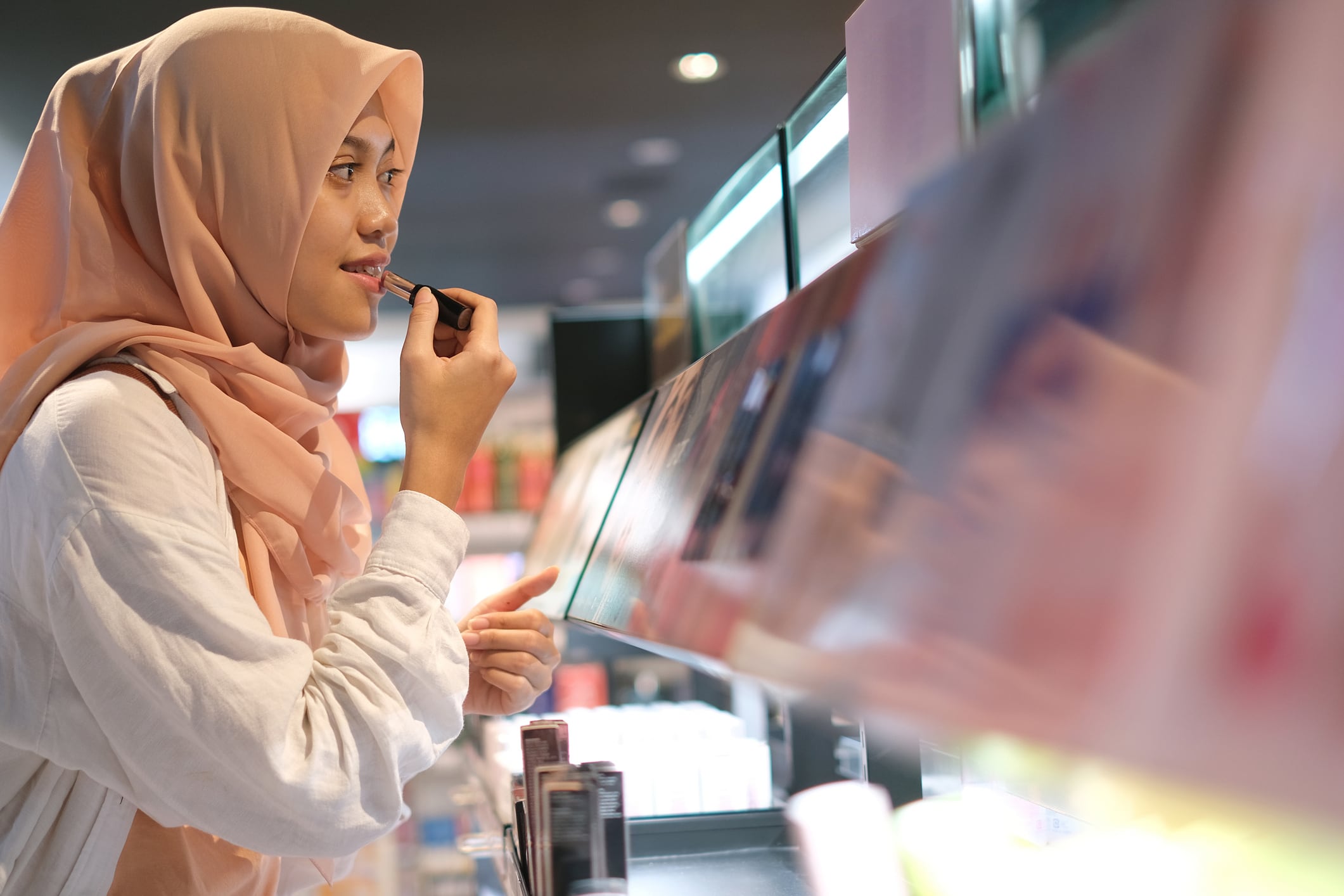According to market data company Statista, the revenue of the Southeast Asia beauty market amounts to around $5.60bn in 2025 and it’s projected to grow annually by around 4.22% each year for the next five years.
The rapid growth in this market is being driven by social media, a rising middle class and demand for premium products.
However, for brands expanding into the region, the biggest threat isn’t competition from rival brands, it’s identity theft.
Global brands must act quickly to secure trademarks
According to intellectual property (IP) expert Tania Lovita, who is Principal at Indonesian law firm Suryomurcito & Co – a member of global IP services firm Rouse – opportunistic companies could very well have already registered a brand’s name before that brand actually enters a market, which can impact entry and open up the space for counterfeits.
This means that without early action, even the biggest global household names could be at risk of legal challenges and harm to their reputation.
“Indonesia’s trademark registration process, particularly its first-to-file system, means that brands must act swiftly to secure their trademarks before potential squatters register similar marks,” Lovita explained.
“Failure to do so can lead to the loss of brand identity and legal rights, making it difficult to take legal action against infringers. Moreover, this situation can also lead to missed opportunities for growth and expansion.”
Could “face infringement claims” for their own brand
Lovita also said that acting quickly is critical for brand owners seeking to secure their legal rights in a competitive marketplace.
“If an opportunistic party registers a mark before the rightful owner, the original brand owner may lose their ability to use their own brand name and could even face infringement claims,” she continued.
“This situation not only jeopardises the brand’s identity but also places the rightful owner in a risky legal position.”
Lovita explained that there have been instances where opportunistic parties have taken advantage of securing the mark and filing infringement actions against the original brand owners for using their own trademarks.
“Such scenarios not only create legal headaches but can lead to reputational damage and operational disruptions for the rightful owners. Therefore, it is imperative for brand owners to act swiftly and strategically,” she continued.
Indonesia operates under a first-to-file trademark system, meaning that trademark rights are established upon registration. Once a trademark is registered, the only way to challenge the registration is to initiate a cancellation action before the commercial court.
While there is the option to argue ‘bad faith’ in a trademark cancellation case, Lovita said that this still presents its own set of challenges, as the plaintiff must bear the burden of proof and will have to provide strong evidence that the defendant registered their mark in bad faith at the time of filing.
“It is essential to present original evidence or notarised copies demonstrating global recognition of the mark,” Lovita explained. “This evidence must clearly establish that the mark was recognised prior to the registration of the defendant’s mark and that the defendant was aware of the existence of the mark and intended to benefit from the reputation associated with it.”
“Such actions are typically construed as evidence of bad faith,” she continued. “Thus, prompt and thorough preparation of evidence is crucial for a successful cancellation action in Indonesia’s trademark landscape.”
The right to oppose trademark applications
Lovita suggested that one effective strategy for global brand owners who want to protect their trademarks is to actively monitor the publication of applied marks in the country and to promptly file an opposition against any trademark applications that could potentially infringe upon their rights.
“In Indonesia, third parties have the right to oppose trademark applications based on grounds similar to those used in cancellation actions, including similarity to well-known marks and bad faith,” she shared.
She added that the opposition must be filed during the prosecution stage, before the Trademark Office, which allows brand owners to challenge the application of marks to be registered that could create confusion in the marketplace.
“By taking this step, rightful brand owners can prevent opportunistic parties from obtaining trademark rights that could damage their brand identity or reputation,” she continued.
“This process not only helps safeguard the brand’s integrity but also reinforces the owner’s position in the market, ensuring they can operate without the threat of infringement claims from those who seek to exploit their established goodwill.”





